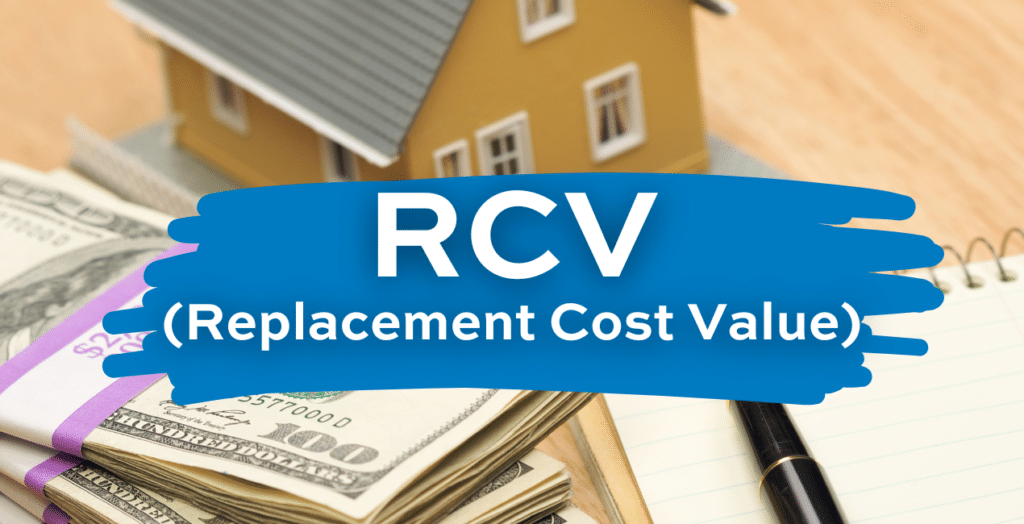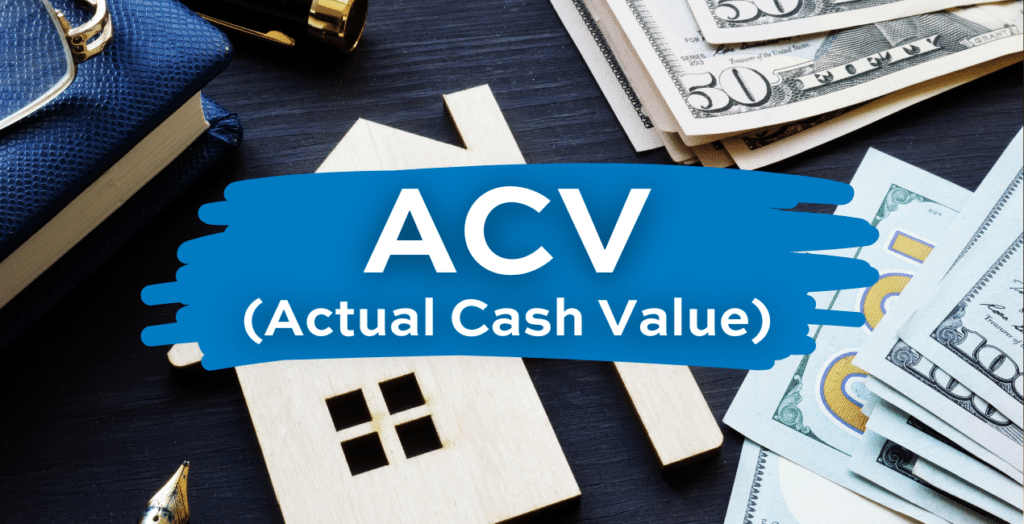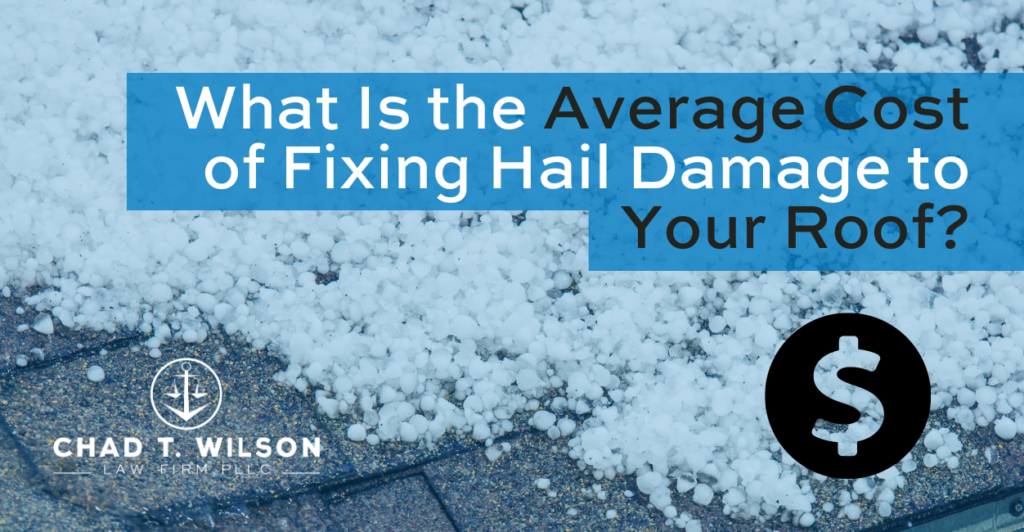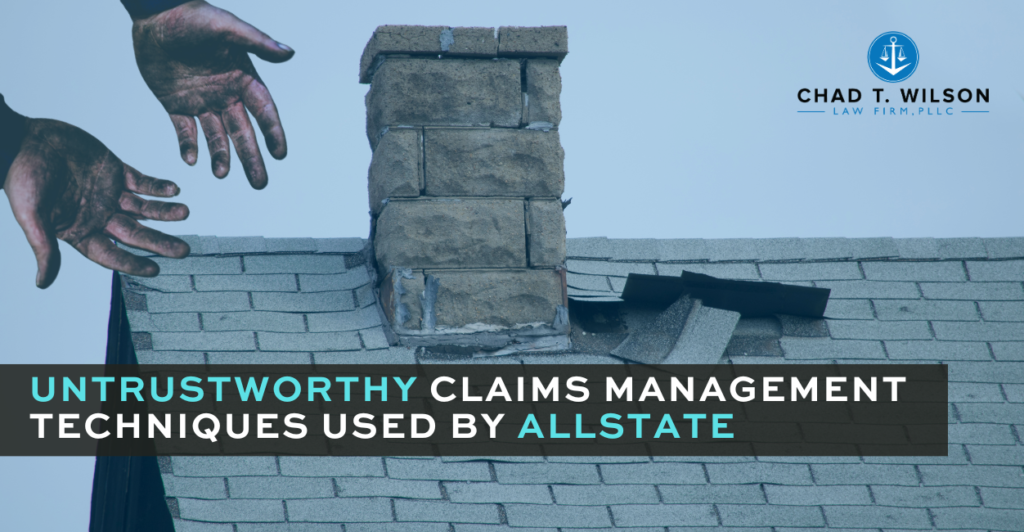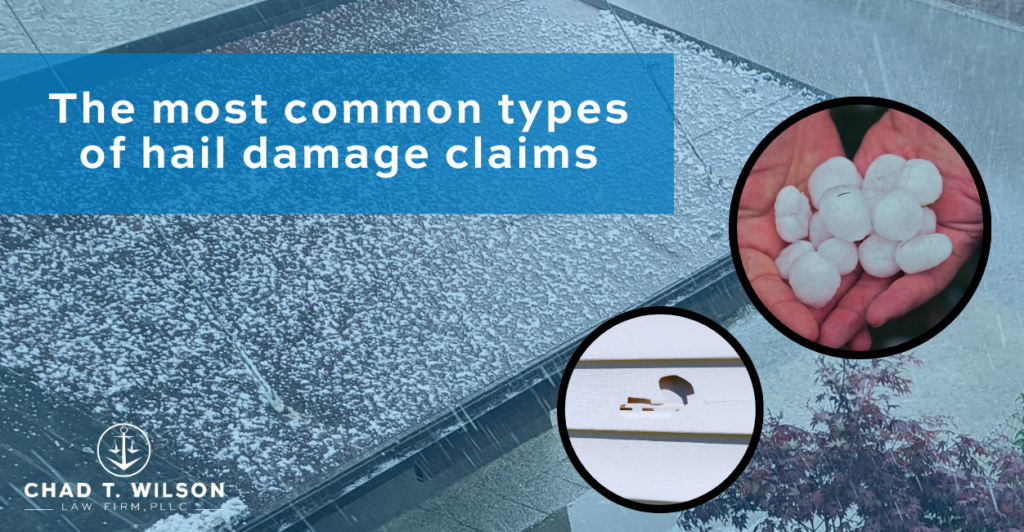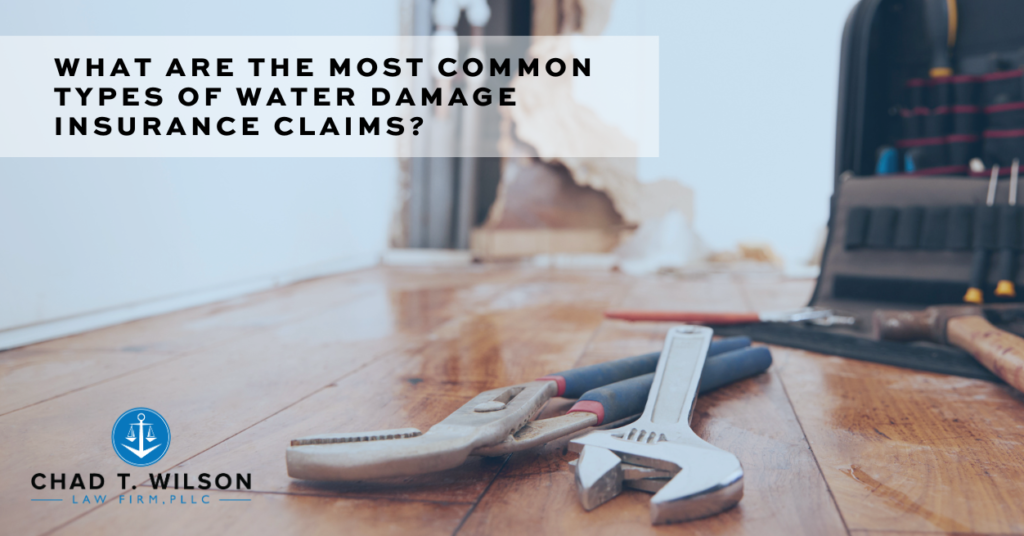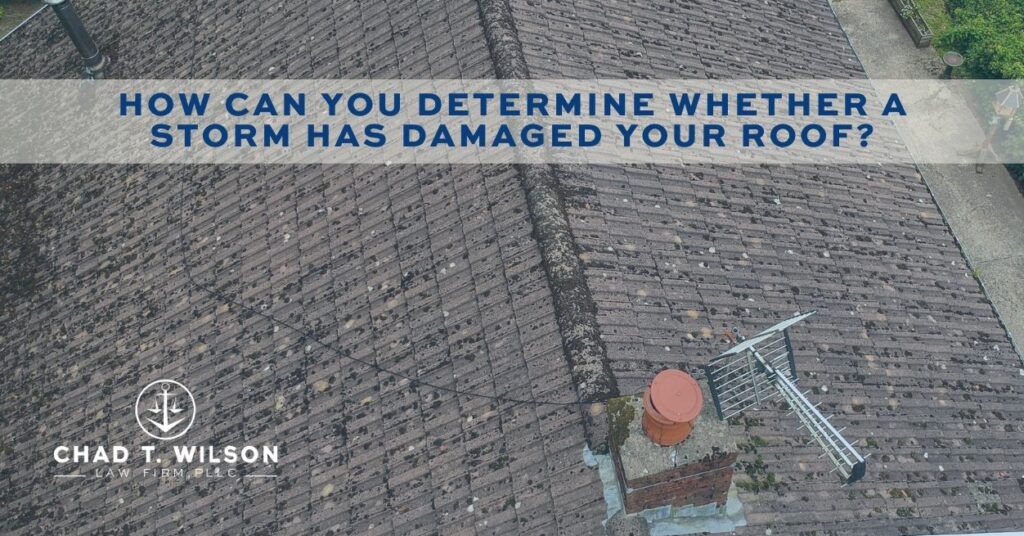Tips for 2024 Derecho and Hurricane Beryl Storm Claims
Texas residents and property owners continue to be absorbed in the post-derecho of 2024, and Hurricane Beryl. Navigating the storm of insurance claims can be maddening and confusing. But that’s not surprising when your house or business is damaged or destroyed and you are dealing with property damage and loss. Here’s a brief blog to address the concerns that most Texas citizens will have after going through a tumultuous time and dealing with an insurer or insurers on a claim.
Reviewing Policy for Derecho and Beryl Claims
Whether you have suffered a home covered by your insurance or not, the first thing you want to do with your insurance company is to read – or better yet, have an attorney read – your policy. This is the document that spells out what is and is not covered in the event of windstorms, hail damage, flood damage and other natural disasters that are often a part of a derecho and a hurricane.
- Make sure there’s no exclusion on the policy for the things you care about – for example, water damage from certain types of plumbing problems or mold.
- You Live in the Family Home: Did you know that, for a fire-related claim, you must stay in the home and ensure it is habitable? Know Your Deductibles: Did you know that you have to pay deductibles out of pocket before insurance starts paying your claims?
Common Reasons for Claim Delays and Denials
There why an insurance claim might be delayed or denied – none of them absolute nightmare scenarios, but all of them worth knowing about so you can avoid the common traps.
-
Incomplete Documentation:
One of the most significant causes for delays is incomplete documentation.- Submit all required forms and evidence promptly.
- Keep detailed records, including photos and receipts.
-
Policy Exclusions:
Policies often contain specific exclusions that can complicate claims.- Carefully read the exclusions section to understand what is not covered.
- Consult with an attorney if you have concerns about the language of your policy.
Handling Disputes with Your Insurance Company
Unfortunately, disagreements over benefits are not uncommon between policyholders and insurers, especially after a widespread disaster has occurred. Here are some things you can do if you find yourself in a dispute.
- Always request detailed explanations for any denials or reductions of your claim.
- Ask for an Unbiased Review: Hire an independent appraiser to come in and review what was broken and objectively describe what was damaged.
- Keep a Timeline: Keep a meticulous timeline of all your interactions and communications with your insurance company.
- Document Everything: Writing is better than talking, if you get the message in writing.
Legal Recourse
And if everything else fails, filing a lawsuit may be your last resort. The Chad T. Wilson Law Firm represents policyholders in this regard.
When to Contact an Attorney
It’s not easy to know when to contact an attorney, but typically if your claim is significantly delayed, if you are wrongly denied, or if settlements are extremely low, you should consider hiring an attorney.
-
Prolonged Delays:
If your claim is delayed without reasonable cause. -
Unfair Denials:
If you believe your claim has been unjustly denied.
How We Can Help
Our firm, the Chad T Wilson Law Firm, helps policyholders recover the full measure of their recoverable benefits. We are skilled insurance policy specialists and work to make sure you receive the benefits you are owed.
-
Free Consultation:
We offer a free consultation to evaluate your case. -
Contingency Basis:
based on contingency fees – you don’t pay unless we recover a settlement on your behalf.
Steps to Strengthen Your Claim
Here are some things you can do to prepare yourself well in advance to make a stronger case:
-
Photograph Everything:
Take multiple photographs of the damage from various angles. -
Secure Temporary Repairs:
If possible, secure temporary repairs to prevent further damage. -
Collect Receipts:
Obtain receipts for temporary repairs and lodging if you need to leave your home. -
Keep All Communications:
Save every email, letter, and note related to your claim. -
Create a Claim Diary:
A diary keeping track of every step you take and every person you contact can be useful.
Conclusion
Despite the trauma of surviving the 2024 derecho and Hurricane Beryl (and the aftermath of the record-breaking insurance claims), you don’t have to feel that you’re back in the deep end. You can educate yourself about your policy; know what kinds of claims are most commonly denied; and, when needed, work with an attorney.
The Chad T Wilson Law Firm is dedicated to helping Texans rebuild and recover through these trying times. If you find yourself in a fight with your insurance company over a claim, call us today for a free consultation and let us help you get the compensation you deserve.
Learn more about us at cwilsonlaw.com or call 833-942-0678 to schedule a consultation.



